I worked in mainstream films only to build a career and run my family: Aparna Sen
Veteran Indian filmmaker Aparna Sen teamed up with actor-singer Anjan Dutt in Parambrata Chattopadhyay's upcoming Bengali film Ei Raat Tomar Amaar, a story of an elderly romance. In an exclusive interview with IBNS correspondent Souvik Ghosh, Sen speaks about the film, her illustrious journey as an actor-director and her bonding with Gen Z grandchild... Excerpts...
Q. What does this film Ei Raat Tomar Amaar mean to you?
A. After a long time, there is a film which is a chamber piece except for the pre-title sequence and is being carried on the shoulders of two actors. So when the other actor is Anjan Dutt whom I consider very highly then I think it also inspires me to give my best. So to me, it's a night when two people who have been married for 50 years come face-to-face with certain truths that they didn't know about each other. Throughout the film, the audience will see the attachment, love, affection, boredom, irritation, bickering, and their fights with each other.
Q. Do you think it's easier for elderly couples to face certain truths considering their life enters into the final phase?
A. I think what happens is there is possibly a need to unburden oneself of secrets, especially with one's partner. But what might help one to unburden doesn't necessarily help his/her spouse or partner. It also can be an added burden on the other person in the relationship. But people don't think about that. One just thinks of himself or herself and the need to unburden oneself by speaking the truth at the end of the life. But we don't know whether unburdening oneself would help the spouse or would ruin his or her peace of mind or will it create a new understanding between the two.
Q. You have worked with as well as directed Anjan Dutt in films besides knowing him at a personal level for a long time. How did the dynamics between you two change upon being paired for a film?
A. The dynamics didn't change. Anjan and I have known each other for a long time. I have directed him as an actor. I think that we have been friends who trust each other and somehow it's been like there is a comfort level which is very difficult to describe. I like the kind of acting that Anjan does and the spontaneity he brings into his performances. His kind of acting I find believable. That is the kind of acting Anjan does that I want to do. So I think Anjan brings out the best in me. I don't think I could have done this film without any actor other than Anjan.
Q. How was working with a young filmmaker like Parambrata Chattopadhyay whose wavelength is symmetrical with your's?
A. Oh that was fine because Param is also our kind of person. He likes and believes in the same kind of cinema. We have the basic same values in life. He is not somebody who owns his thinking of how to make a film commercially viable. Nobody knows how to make a film commercially viable. If people knew, then every film would have been a hit. So he as well as us wanted to explore the truth through this film. So there we had no problem. Earlier at the script stage, there were some places where we were not on the same page. We thrashed it all out and ironed out all the problems. So by the time we came to the actual shooting, we had all our differences resolved.
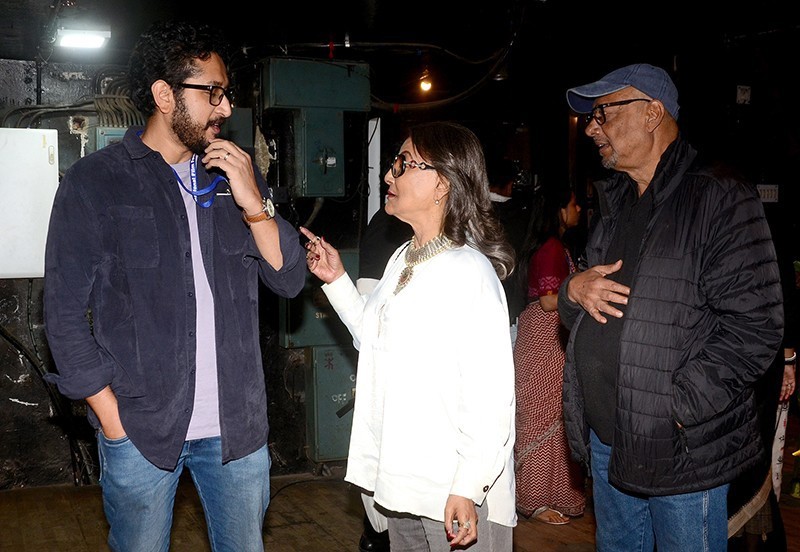
Q. You refused to move to London and rather stay in Calcutta (now Kolkata) and pursue acting at the age of 13. Were you always sure of how you would want to steer your career?
A. I knew I wanted to be an actress from the age of 10. But at 13, I think it was very mature of me to decide not to go to RADA (Royal Academy of Dramatic Art). I decided not to go because I had to come back to my country and unlearn everything after studying in RADA because there are only fewer Asian roles that I would have received in the West. My parents, who were very young also, understood it, were enthused and completely supported my wanting to be an actor. They in fact immediately called up Shobha Sen (theatre personality) so I could act in Utpal Dutt's group. But before that, Samapti (Sen made her debut in the Samapti portion of Satyajit Ray's 1961 film Teen Kanya) came along and I had acted in that. Then I was not allowed to act at all until I finished my High Secondary examinations. I worked in Samapti at 15 and I turned 16 by the time the film was released.
After I was done with my examinations, I started acting in Utpal Dutt's Professor Mamlock for which I was rehearsing and Nityanand Datta's Baksa Badal and Mrinal Sen's Akash Kusum et al.
Q. You started off with legends like Satyajit Ray, Mrinal Sen and then moved to mainstream films. But you were not happy with the mainstream scheme of things.
A. I also realised that one cannot not do mainstream films if he/she wants to make a career in acting. But I chose the projects wisely. Often the films which I had turned down went on to become huge hits. People even declared that I wouldn't survive long after I turned down the big banner film Rajkumari starring Uttam Kumar. I was so young! Sometimes I'm surprised by the courage that I had to turn down films. Actually I was getting very bored of listening to the scripts. I wondered how would the audience feel if the actor is bored of listening to the script. I had that much sense even at that age! I was not thinking of Uttam Kumar or the banner but whether I was liking the stories and that has always guided me.
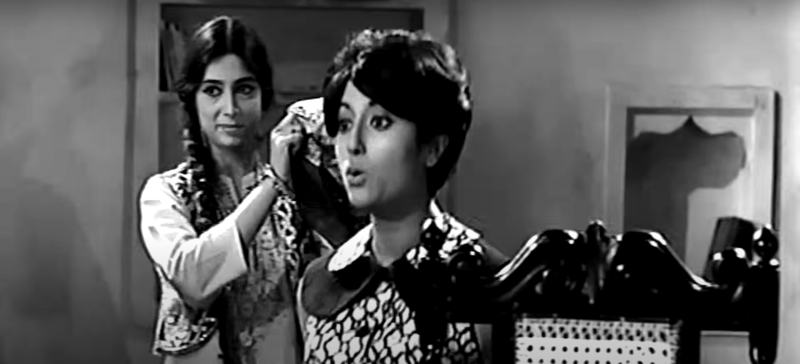
Q. Have you ever felt the dilemma as a mainstream actress?
A. I was ready to feature in commercial films to make a career in acting. I had even featured in a number of commercial films which went on to become hits. So I had become the star which I wanted to be. I knew I had to be a star if I had to have a career. After I became a star, I started getting bored of the sameness of it. Unless it was a comedy which I used to find as fun, I had to say the same kind of dialogues for most of the run on the mill films. I was tired of giving the same expressions and looking at the hero in a coyed fashion. It was not the kind of cinema I believed in but I had to keep doing it because I was for all practical purposes a single mother bringing up two daughters. I had to keep food on the table and take care of the education of my daughters.
I was always a thoroughbred professional and did my best as I took money. But I didn't do it out of love or passion. I did it out of a sense of duty but I also learnt my craft! I learnt the craft of direction right there on the set because I was not the one to sit in the makeup room like a star. I was always very friendly with technicians and used to question the cameramen on their choice of lights and shots and that too in my early 20s! I wonder where I had got the courage to do this. I was curious about the technicalities on the set but not very interested in the acting part because mainly I had to do the same things. The acting part was monotonous and certain dialogues seemed so unreal and unbelievable to me. It was not the cinema that I could believe so I couldn't just go on forever. In a bid to try something else, I wrote a short story which became a script and that turned out to be 36 Chowringhee Lane. That's how I turned into a director.
I was so bored back then before turning into a director. We never used to get the kind of choices nowadays actresses like my daughter Konkona (Konkona Sen Sharma) receive. We didn't have the interesting kind of roles to choose from. So we had to do what we did but I think I had possibly brought an element of smartness and modernity to the roles I did. My acting was a little more modern. So I think that possibly got accepted by the audience.
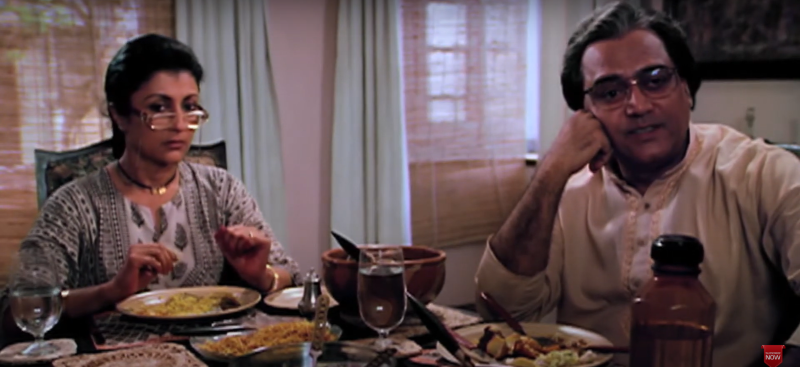
Q. How did you detour in those monotonous days of acting in commercial films?
A. I was also doing a lot of group theatres which used to interest me. I read a lot and listened to music. I chatted with interesting people. I used to play chess and scrabble. It's not that my life was bereft of entertainment. I went to watch good films. I loved film festivals. But I don't like doing things that are mindless and require no application of intelligence.
Q. Do you think women directors write better scripts for men alongside women? What do you think as a veteran female director?
A. It depends. Konkona's film A Death in the Gunj is about toxic masculinity even though it's a strongly feminist film. It's about all those men who are being so toxic in their masculinity that there is this frailer young man who finally commits suicide! In my film Yugant, my sympathy lies with Anjan Dutt's character. I think I have created male characters quite a lot. Arjun Rampal in The Rapist is a very strong character.
Q. Do you think the audience is mature enough even now to understand films like The Rapist?
A. I have seen the audience glued to their seats at every screening of this film, The Rapist. They were silent and felt completely gutted after that. I didn't have this kind of reaction for many of my films. I think the issue is with the OTT producers who think the audience won't like something like this. I don't think the OTT people are even qualified to decide what the audience will like or not. I am in touch with the producers who are also flummoxed over why the OTT platforms, which consider The Rapist as too dark, are not agreeing to stream the film. The streaming platforms' policies have changed to very mainstream. They want films like Animal.
Q. You said in an interview that you didn't experience a generational gap neither with your parents nor daughters. Also you are looked up to by the current generation as an inspiration. How do you stay relevant across generations?
A. I never felt the generational gap with my grandparents, parents, daughters and also grandchildren (laughs). I don't feel a generational gap. I used to be very interested in my grandparents' experiences in life. I have a great friendship with my grandchildren. Konkona's son Haroon and I have lots of conversations together and he talks to me about Ukraine-Russia, Israel-Palestine wars. It's cool (smiles).
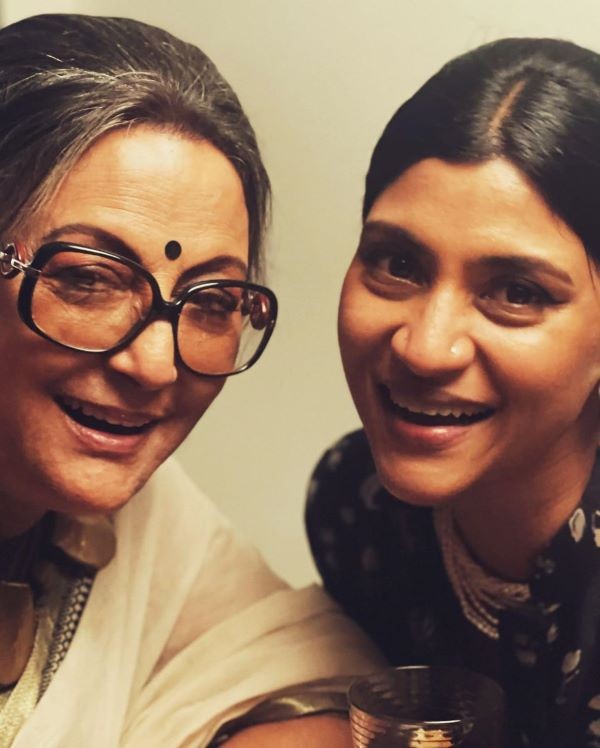
Q. Are you getting used to social media, courtesy Haroon?
A. I am not good at Instagram. Konkona has tried very hard to teach me. She asked me to learn it mandatorily. I am actually more on Facebook, not so much on X and Instagram but I should be. I am not into social media anymore because it takes a lot of time. A lot of my time is now consumed by my little pet dog. She is now the light of my life.
(Images by Avishek Mitra/IBNS)
IBNS
Senior Staff Reporter at Northeast Herald, covering news from Tripura and Northeast India.
Related Articles
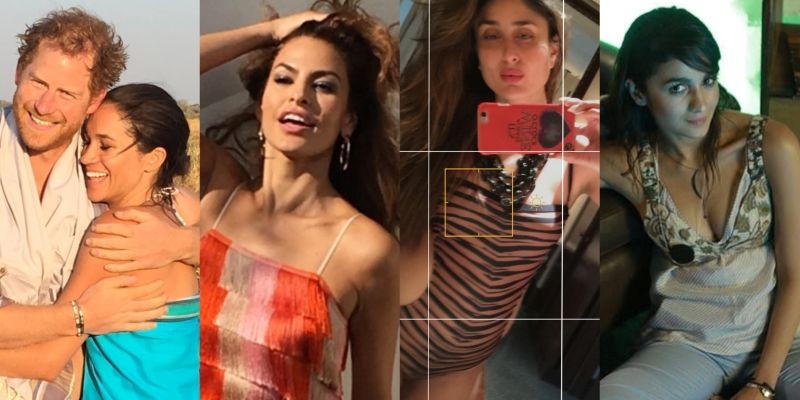
Why everyone — from Hollywood to Bollywood — is obsessed with 2016 again
Three weeks into January 2026, social media users — including top celebrities and influencers — began flooding digital platforms with photo dumps from a decade ago, reviving memories of 2016.
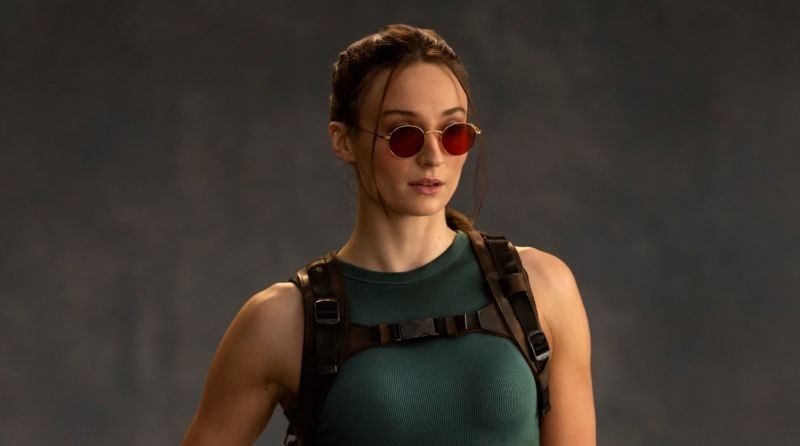
Sophie Turner becomes Lara Croft! Prime Video’s Tomb Raider series promises epic adventure
Los Angeles/IBNS: ‘Game of Thrones’ star Sophie Turner has officially stepped into the role of Lara Croft for Prime Video’s upcoming Tomb Raider web series, the makers confirmed via social media.
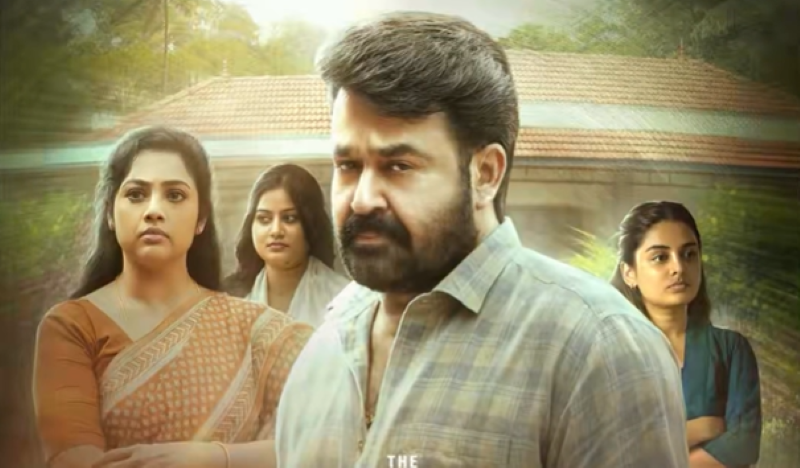
The past returns! Mohanlal’s Drishyam 3 locks April 2 release, fans brace for thriller storm
Actor Mohanlal has announced the release date of his upcoming film Drishyam 3.
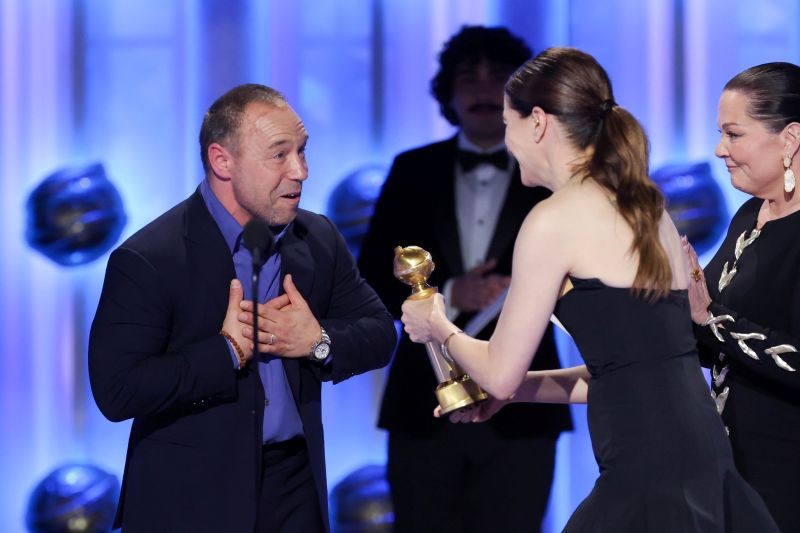
Golden Globes 2026 full winners list: DiCaprio’s film, Netflix series steal the show
Beverly Hills/IBNS: One Battle After Another, Hamnet and Netflix’s Adolescence emerged as the biggest winners at the 83rd Golden Globe Awards, held in Beverly Hills, Los Angeles, California, on Sunday (local time).
Latest News
Religion without servility: Journalist Anshul Chaturvedi on why Vivekananda speaks to believers and atheists alike

Lawyers, staff protests against West Tripura consumer court president over alleged misconduct

Govt committed to strengthening school infrastructure: CM

Massive eviction drives by AMC at Ker Chowmuhani to clear roads from encroachment

